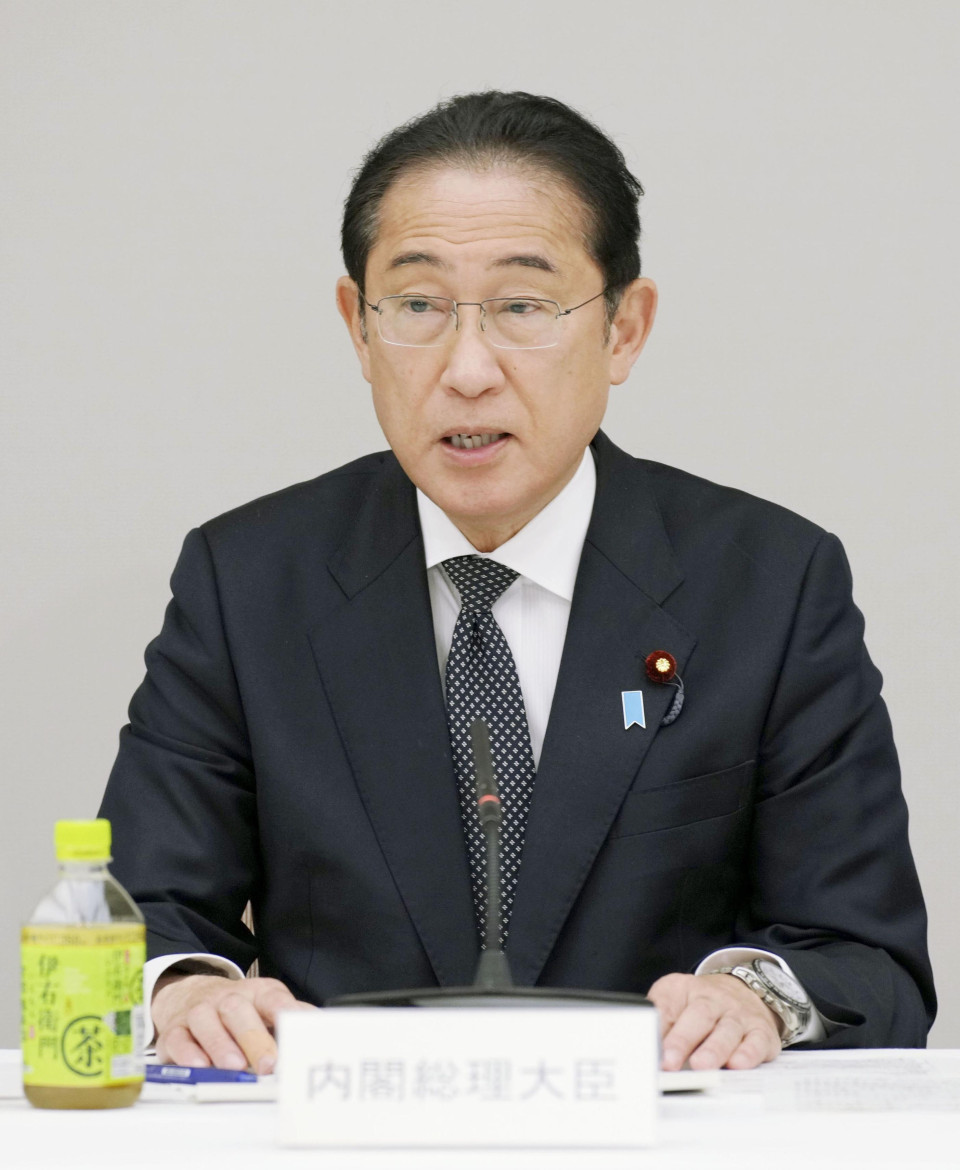Private-sector advisers to the Japanese government on Friday warned that the yen's rapid depreciation may deal a blow to the economy by accelerating inflation, urging the Bank of Japan to respond "appropriately" to keep excessive price gains in check.
The members of the prime minister's top economic and fiscal policy advisory panel cited the weaker yen, inflation outpacing wage growth and lackluster private consumption as posing challenges to the Japanese economy, which likely contracted in the first three months of 2024.
Despite market talk of interventions last week by the government and the BOJ to stop the yen's further fall, its weakening trend has not been reversed. Prime Minister Fumio Kishida said the government is watching the currency's decline "very carefully," in a sign of his growing concern.

"When the yen weakens sharply and commodity prices surge, this can have a big impact on inflation. It's important to closely follow developments," the members said in a statement presented to the panel on Friday.
"Given that excessive price increases will curb private-sector demand, we expect the BOJ to achieve its 2 percent inflation goal sustainably and stably by guiding monetary policy appropriately."
Chaired by the prime minister, the Council on Economic and Fiscal Policy is aimed at better reflecting the private sector's views over key policy agendas, such as when formulating its economic and fiscal policy blueprint.
The current private-sector members include Sumitomo Chemical Co. Chairman Masakazu Tokura, who also heads the country's most influential business lobby Keidanren, and Takeshi Niinami, who leads the Japan Association of Corporate Executives known as Keizai Doyukai.
With the yen tumbling to a 34-year low versus the U.S. dollar beyond 160 in late April, business leaders have begun to express concerns about the currency's rapid weakening that makes corporate planning more difficult. Tokura recently called the yen falling past 150 "too cheap."
BOJ chief Kazuo Ueda has also adjusted his tone in describing the impact of the yen's fall, after his earlier remarks lacking a sense of alarm prompted market players to aggressively sell the yen and apparently led Japanese authorities to intervene in the market last week.
Following his meeting with Kishida on Tuesday, Ueda said the BOJ would "carefully monitor" the impact of the yen's moves on inflation. The following day, he pointed to further interest rate hikes if inflation accelerates.
"We are monitoring the recent yen's decline very carefully and coordinate closely with the BOJ," Kishida told a meeting of the panel held at his office Friday.
The government has taken a series of inflation-relief measures, with a temporary income and residence tax cut set to be implemented in June.
One of the key challenges for Japan is to maintain the current momentum for wage growth, a crucial factor for the BOJ if it raises interest rates. When adjusted for inflation, wage growth has been consistently negative, with the latest data released Thursday showing that real wages dropped 2.5 percent in March from a year earlier, down for the 24th straight month.
Consumer prices rose 2.7 percent in March from a year earlier, compared with the BOJ's 2 percent inflation target.
The private-sector members underscored the need for small and midsize companies, which employ a large portion of the country's workforce, to be able to raise pay by passing on increased raw material, labor and other costs.
They also called for measures to help Japan achieve an increase in the average hourly minimum wage to 1,500 yen ($9.6) from the current 1,000 yen earlier than the government's target of "by the mid-2030s."
Related coverage:
BOJ chief flags risk of weak yen swaying prices, hints at rate hike
BOJ on watch for impact of weak yen on inflation, policy: chief
Yen briefly rises to 151 in N.Y. after weak U.S. labor data










